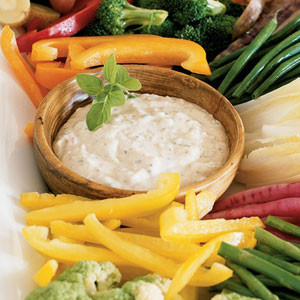Australia still has an egg problem: farm linked to 220 Salmonella illnesses fires 5 workers, back in business
Ash Lewis was limp in his mother’s arms. The three-year-old boy had been sick for several days, in and out of the family doctor’s surgery and up all night with diarrhea.
That Sunday he had been happily playing on the beach at Torquay on Victoria’s west coast and later munching on an egg and cheese roll at a beachside cafe. He and his mother had left Melbourne to escape February’s heatwave.
By Thursday his condition had gone downhill fast. He stopped speaking and couldn’t walk. His parents, Scott and Sarina Lewis, rushed him to the Royal Children’s Hospital in Melbourne. His blood pressure was down, his heart rate was low and his face was the ”colour of concrete.”
From the happy little boy playing in the sea he was now in hospital with an IV drip in his arm.
A stool sample taken from Ash confirmed he was infected with Salmonella causing gastroenteritis. The sandwich he ate at that cafe was prepared with mayonnaise made with free-range (but not microbiologically-safe) eggs.
Ash was one of about 220 people sickened with Salmonella linked to two Victoria, Australia, restaurants that were supplied by Green Eggs.
This week, the Victorian Health Department lifted a ban on raw egg products from the farm.
Media reports note that five workers were fired from the Green Eggs company last month.
Maybe they were the employees who didn’t have the Salmonella goggles.
And while an employee of the Victorian state government sent along its advice on using eggs — cook eggs until they are hot all the way through, but with no advice as to what hot all the way through actually means – the government utterly fails when it comes to enforcement.
Anyone who has been to an Australian restaurant will be offered a mayonnaise, salad dressing, béarnaise and hollandaise sauces, milkshakes with raw egg or an aioli dip that has been crafted by the chef using raw eggs, because no self-respecting chef would use a cooked product.
The Victorian government’s advice is that when in doubt, “read the label or get in touch with the manufacturer.”
There are no labels on those little containers of dip or the mayo on a sandwich. Good luck with that.
And why Australia continues to have an egg problem.
Seventy-seven diners who fell ill after eating at Canberra restaurant Copa Brazilian Churrasco last year are at present taking civil action against its owners in the ACT Supreme Court. A total of 140 people fell ill, with 15 taken to hospital, after eating home-made mayonnaise at the restaurant in May last year.
Here’s a tip: don’t use raw eggs.
Why won’t Australian government or industry or consumer groups make such a basic statement, and actively promote the message? Instead, consumers are told it’s their fault when they buy a sandwich made with raw egg mayo and get sick. And consumers pay for such terrible messages with tax dollars.
Source: barfblog - 2 April 2014









